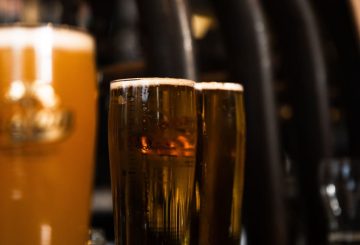The Government has decided to expand a new way of responding to 111 calls from people with mental health concerns.
The co-response model will now be available all over the country. Before, it was only used in a few regions. When someone calls 111 because of mental distress or thoughts of suicide, police, ambulance staff, and mental health experts all come to help.
The Police and Health departments will give a detailed plan to the Cabinet by next March. They will explain how this joint response will work and what they need to do it.
Health Minister Ayesha Verrall said the change will happen over five years. The goal is to have this response in every Police district. This way, people who need mental health help can get the right support quickly.
This model was first tested in Wellington in 2020 and 2021. Senior sergeant Matt Morris said that the teams share information about the caller and decide the best way to help. Often, they know the person calling. This means they might not always need to send an ambulance or police car.
A study by the University of Otago showed good results. When the co-response team was working, fewer people went to the hospital’s emergency room. Also, people who were helped by the team had a better experience than before.
The report strongly suggests using the co-response model more.
In 2017, National gave $8 million to the police to test this model in Auckland, Christchurch, and Palmerston North. When the Labour party came into power, they changed the plan.
The exact cost of this change is not known yet. At the moment, regions using this model pay from their own budget. But one place, Whanganui, got $3.5 million from the Proceeds of Crime Fund.
Mental Health Foundation head, Shaun Robinson, believes this is a smart move. The test showed that many people got better help without going to the hospital or police. This saves time and resources.
The Police Association has often said that the police are doing too much work in mental health. Chris Cahill from the association said that other agencies can do this job better.
More people are calling the police because of mental distress. From June 2021 to June 2022, police received 73,006 such calls. This is 55% more than the last five years. Police went to 30% of mental distress calls and 70% of suicide or attempted suicide calls.





























































